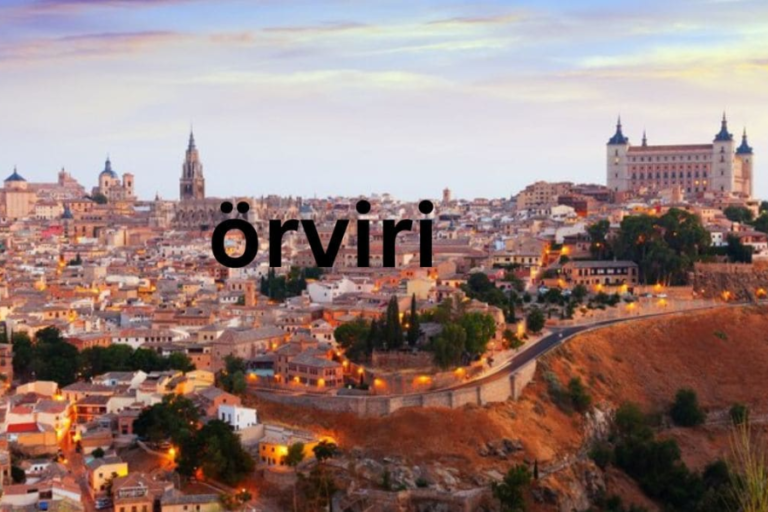Joyous Laughter NYT Crossword: How to Solve the Clue with Ease
The Delight of Joyous Laughter: Unpacking Its Role in Crosswords
Introduction
joyous laughter nyt crossword sn’t just a delightful part of our daily interactions—it also occasionally presents a playful challenge in the New York Times Crossword. Exploring its nuances can deepen our understanding of language and enrich our experience with these clever puzzles.
Understanding Joyous Laughter
Definition and Essence:joyous laughter nyt crossword is a vibrant expression of amusement and happiness. It’s spontaneous, hearty, and often spreads from one person to another, creating a ripple effect of cheer.
Common Synonyms and Cultural Depictions: Words like “mirth” are often used to describe this kind of laughter. In literature, art, and film, joyous laughter nyt crossword is frequently depicted through various terms, with “mirth” being a popular choice in crossword puzzles, including those in the NYT.
The New York Times Crossword Puzzle
History and joyous laughter nyt crossword Significance: The NYT Crossword has become a cherished daily ritual for many, known for its wit and cultural insight. Its clever clues and engaging format make it a staple in the world of puzzles.
Common Clues and joyous laughter nyt crossword Answers Related to Joyous Laughter: In the NYT Mini Crossword, the clue for “Joyous laughter” often leads to the answer “MIRTH,” capturing a moment of pure, unfiltered happiness in a succinct form.
Unraveling the “Joyous Laughter” Clue: A Comprehensive Guide
Decoding the Clue “Joyous Laughter”
Analyzing and Understanding the Context: When you come across a clue like “Joyous laughter,” it’s an invitation to joyous laughter nyt crossword explore expressions of happiness and amusement. Understanding this helps you to connect with the right answer, often a synonym for laughter or joy.
Tips and Strategies for Solving: To crack such clues, consider how many letters are needed and brainstorm synonyms that align with both the emotional tone and literal meaning of the clue. For instance, “mirth” is a common answer that fits both the clue’s context and the crossword grid.
The Science Behind Joyous Laughter
Physical and Mental Health Benefits: Laughter isn’t just fun; it’s also beneficial for your health. It helps reduce stress, boosts immune function, and can even offer temporary pain relief.
Theories and Brain Activity: When you laugh, your brain releases endorphins, the body’s natural feel-good chemicals, which enhance your overall sense of well-being and happiness.
joyous laughter nyt crossword in Daily Life
Real-life Stories and Personal Growth: Embracing laughter in daily life can significantly improve resilience against stress and enhance overall well-being. Many people find that making room for laughter leads to a more balanced and positive outlook.
Incorporating Laughter into Your Routine: Simple activities like watching a funny movie, socializing with friends, or practicing laughter yoga can easily introduce more joy and laughter into your life.
Social and Cultural Perspectives
Impact on Relationships and Social Interactions: Shared laughter can strengthen relationships, build camaraderie, and create joyous laughter nyt crossword a positive atmosphere in social settings.
Cultural Variations: Different cultures have unique approaches to laughter, influenced by their societal values and norms. joyous laughter nyt crossword Understanding these variations can offer deeper insights into the universal yet culturally specific nature of laughter.
The Healing Power of Laughter: Benefits and Future Directions
Therapeutic and Healing Benefits
Clinical and Therapeutic Uses: Laughter therapy has found its place in medical settings as a tool to enhance mood joyous laughter nyt crossword and improve overall outlook. This form of therapy leverages the natural joy of laughter to aid in mental and emotional healing.
Laughter in Workplaces and Schools: Introducing moments of laughter and light-heartedness in professional and joyous laughter nyt crossword educational environments can significantly boost creativity, morale, and productivity. Creating spaces where humor is embraced helps to foster a more dynamic and engaging atmosphere.
Challenges and Future Directions
Difficulties in Research: Studying laughter presents unique challenges, largely due to its subjective and varied nature. Researchers face hurdles in quantifying and analyzing the impact of laughter across different contexts.
Exploration for Future Research: Ongoing studies aim to delve deeper into how laughter influences brain function and physical health. Future research seeks to uncover more about the mechanisms behind laughter’s effects, aiming to harness its full therapeutic potential.
FAQs:
1. What does the clue “Joyous Laughter” typically refer to in the NYT Crossword?
In the NYT Crossword, the clue “Joyous Laughter” often refers to a single word that encapsulates the essence of laughter and happiness. A common answer is “MIRTH,” which conveys a sense of joy and amusement.
2. How can I approach solving clues related to “Joyous Laughter”?
When encountering a clue about “Joyous Laughter,” think about synonyms and expressions related to happiness and amusement. Consider the number of letters required and fit the answer into the context of the puzzle. Words like “MIRTH,” “GLEE,” and “CHUCKLE” are often used.
3. Why is laughter a popular clue in crossword puzzles?
Laughter is a universal concept that resonates with people across different cultures and languages, making it a relatable and engaging clue. It also fits well into crossword puzzles due to its concise synonyms and varied expressions.
4. Are there other common clues related to emotions in crosswords?
Yes, crosswords frequently feature clues related to emotions, such as “Joy,” “Sadness,” “Anger,” and “Surprise.” These clues often use synonyms or related concepts, making them versatile for puzzle constructors.
5. How can understanding crossword clues related to emotions enhance my puzzle-solving skills?
Familiarizing yourself with synonyms and expressions for common emotions can improve your ability to solve crossword puzzles. It helps you recognize patterns and think of alternative words that fit the clues.
Conclusion
Understanding clues related to “Joyous Laughter” in the NYT Crossword not only enhances your puzzle-solving skills but also deepens your appreciation for the interplay between language and emotion. By recognizing synonyms like “MIRTH” and understanding the context of such clues, you can approach crossword puzzles with greater confidence and insight. Embracing the joy and challenge of these puzzles enriches your vocabulary and provides a satisfying mental workout, turning each solved clue into a celebration of language and laughter.
Get the latest buzz and in-depth features on movies, music, and pop culture at Tamasha.blog.


